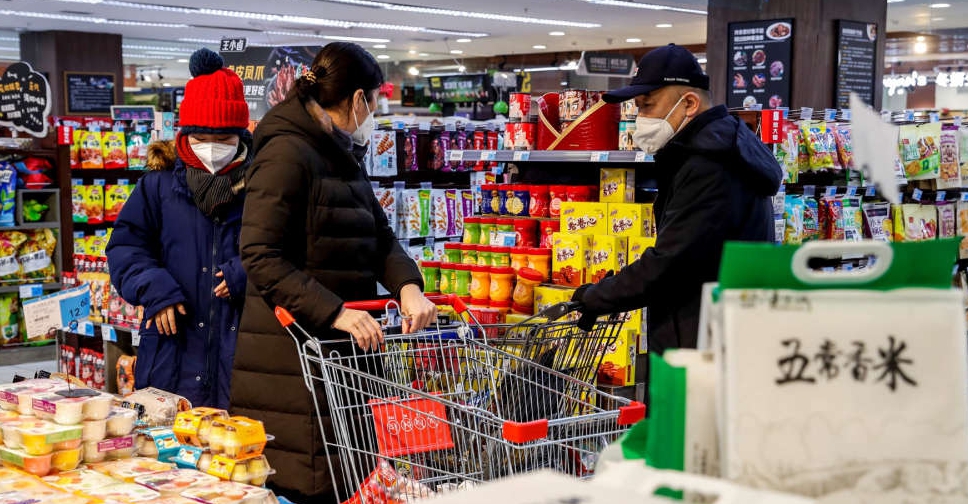
China's national health authority said on Wednesday that asymptomatic COVID-19 cases and people with mild symptoms can quarantine at home, in the strongest sign yet that China is preparing its people to live with the disease.
Most cases of infection with the coronavirus are asymptomatic or mild with no special treatment required, the National Health Commission said in a statement.
"Asymptomatic persons and mild cases can be isolated at home while strengthening health monitoring, and they can transfer to designated hospitals for treatment in a timely manner if their condition worsens," the NHC said.
For nearly three years, China has managed COVID-19 as a dangerous disease on a par with bubonic plague and cholera, but since last week, top officials have acknowledged the reduced ability of the virus to cause disease while some Chinese experts suggested it is no more deadly than seasonal influenza.
The change in the quarantine protocols reflects adjustments in prevention and control measures according to the characteristics of virus mutations, the NHC said.
Home isolation for the infected marks a significant change in the rules.
Earlier in the year, whole communities were locked down, sometimes for weeks, after even just one positive case was found. Last month, new, less strict quarantine rules required just the lockdown of affected buildings.
High-risk areas should be accurately defined by building, unit, floor and household, and must not be arbitrarily expanded to entire residential compounds and communities, the NHC said.
The health authority urged localities to "resolutely rectify simplified, one-size-fits-all, and adding extra measures" for COVID prevention and to reject and overcome "formalism and bureaucracy".
The NHC listed a total of 10 new guidelines, which followed 20 measures released on November 11 aimed at "optimising" COVID prevention and control protocols.
The latest version of the protocols - published in late June - was based on preventing the import of infections from overseas and curbing domestic rebounds while "dynamically" bringing cases down to zero as and when they emerge.
While the NHC on Wednesday did not mention the zero-tolerance approach to COVID, it said the last edition of the epidemic control protocols should be adhered to while implementing the latest measures and guidelines.

 UK inquiry finds 'chilling' cover-up of infected blood scandal
UK inquiry finds 'chilling' cover-up of infected blood scandal
 Iranian President Raisi killed in helicopter accident, state media says
Iranian President Raisi killed in helicopter accident, state media says
 ICC prosecutor seeks arrest warrants for Israeli, Hamas leaders
ICC prosecutor seeks arrest warrants for Israeli, Hamas leaders
 Assange given permission to appeal against US extradition
Assange given permission to appeal against US extradition
 Israel intends to broaden Rafah sweep, Defence Minister tells US
Israel intends to broaden Rafah sweep, Defence Minister tells US




